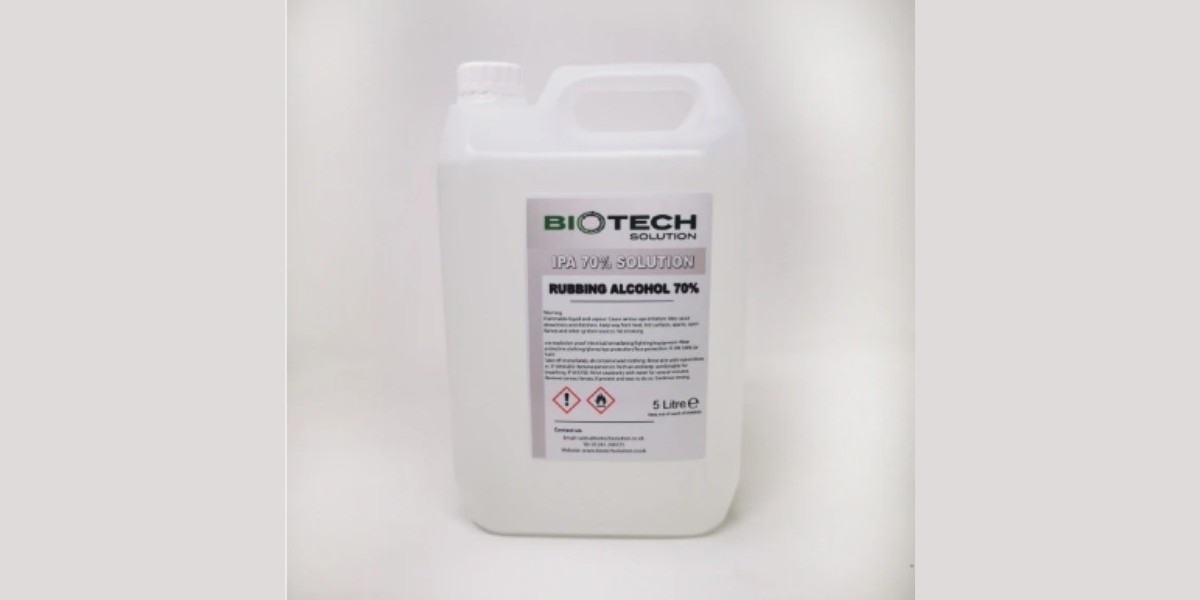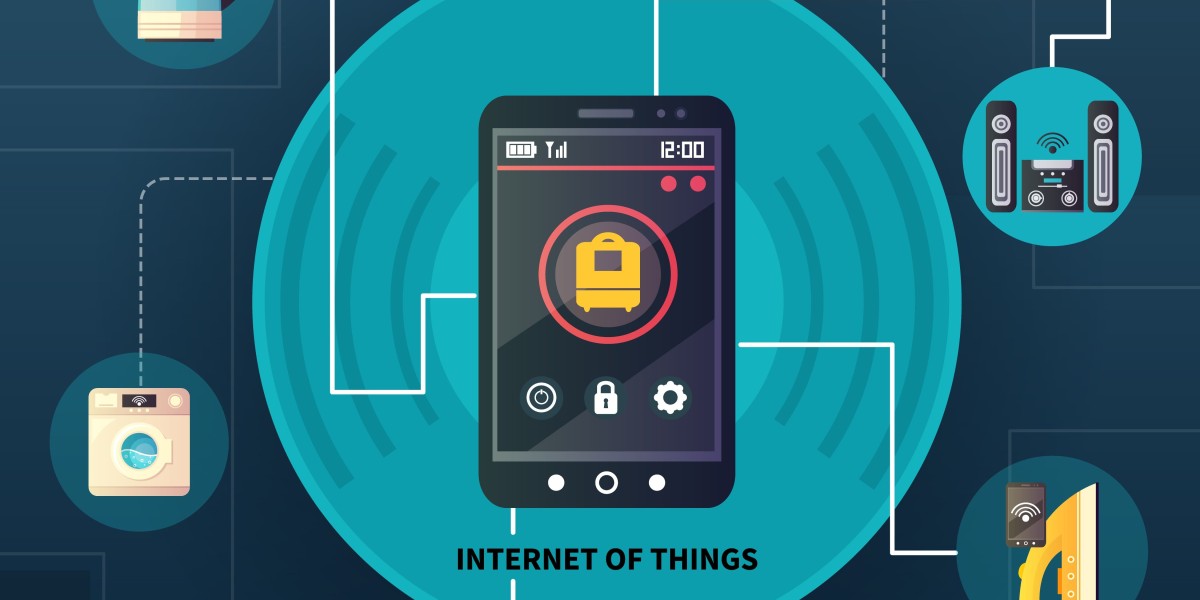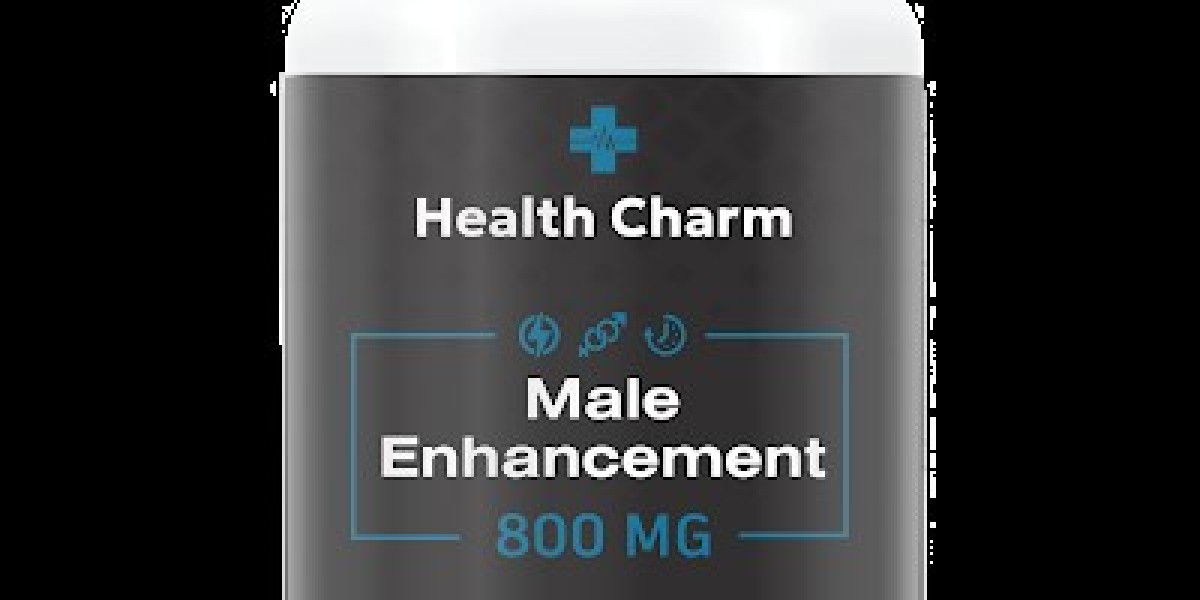Isopropyl alcohol is a widely used chemical with applications in cleaning, healthcare, and industrial settings. Commonly known as rubbing alcohol, it is a powerful disinfectant that eliminates bacteria, viruses, and fungi. With an alcohol concentration ranging from 70% to 99%, it is an essential product for both household and commercial use. But what makes isopropyl alcohol so effective, and how should you use it safely?
In this article, we’ll explore the top benefits, common applications, and safety measures related to isopropyl alcohol. Whether you’re using it for sanitization, medical purposes, or DIY projects, this guide will provide all the essential details.
What is Isopropyl Alcohol?
Isopropyl alcohol (C₃H₈O) is a colorless, flammable liquid with a strong odor. It evaporates quickly, making it ideal for cleaning and disinfecting surfaces. Unlike drinking alcohol (ethanol), isopropyl alcohol is toxic when ingested.
Key Properties of Isopropyl Alcohol:
- Highly effective against germs and viruses
- Rapid evaporation rate
- Non-corrosive to most surfaces
- Dissolves oils and greases
- Available in different concentrations (70%, 91%, and 99%)
Top Uses of Isopropyl Alcohol
1. Disinfecting and Cleaning
One of the most popular uses of isopropyl alcohol is as a disinfectant. Hospitals, laboratories, and households rely on it for sterilization.
- Used to clean medical tools and equipment
- Wipes out bacteria, fungi, and viruses
- Ideal for sanitizing kitchen counters, doorknobs, and electronics
? Fact: According to the CDC, 70% isopropyl alcohol is more effective at killing germs than 99% alcohol because it stays on surfaces longer before evaporating.
2. First Aid and Medical Uses
Doctors and nurses use isopropyl alcohol to prevent infections. It is commonly found in first aid kits and medical facilities.
- Used as an antiseptic for minor cuts and wounds
- Helps disinfect skin before injections or blood tests
- Reduces the risk of infections in medical procedures
3. Hand Sanitizers and Personal Hygiene
Hand sanitizers containing isopropyl alcohol have become essential, especially during flu seasons and pandemics.
- Most hand sanitizers contain 60%–70% isopropyl alcohol
- Kills 99.9% of germs without the need for water
- Used in wipes, sprays, and personal hygiene products
? Tip: Always check the label to ensure the alcohol content is at least 60% for effective germ protection.
4. Electronics and Screen Cleaning
Electronic devices collect dust and bacteria over time. Since isopropyl alcohol evaporates quickly, it is perfect for cleaning screens, keyboards, and circuit boards.
- Safely removes smudges from phone screens
- Prevents damage to sensitive components
- Ideal for cleaning computer keyboards and mouse surfaces
5. Industrial and Automotive Applications
Many industries use isopropyl alcohol for maintenance and production processes.
- Removes grease and oils in machinery
- Used in car detailing for streak-free windows
- Cleans and preps surfaces before painting or coating
? Fact: Mechanics use isopropyl alcohol to prevent fuel lines from freezing in cold temperatures.
6. DIY and Home Projects
Many DIY enthusiasts use isopropyl alcohol in their projects. It’s a versatile solvent for various home applications.
- Used in making homemade disinfectant sprays
- Helps remove sticky labels and adhesives
- Cleans jewelry and household surfaces effectively
Is 70% or 99% Isopropyl Alcohol Better?
Many people wonder which concentration of isopropyl alcohol is best. Here’s a quick comparison:
| Concentration | Best For | Pros | Cons |
|---|---|---|---|
| 70% | Disinfection, medical use | Kills bacteria more effectively, stays on surfaces longer | Takes longer to dry |
| 91%-99% | Industrial use, electronics | Dries faster, removes grease and ink | Less effective at killing bacteria on surfaces |
? Tip: For home cleaning and sanitization, 70% isopropyl alcohol is the best option.
Is Isopropyl Alcohol Safe?
While isopropyl alcohol is highly effective, it must be used safely.
Safety Tips:
✅ Use in well-ventilated areas to avoid inhaling fumes
✅ Store in a cool, dry place away from heat sources
✅ Keep out of reach of children and pets
✅ Never mix isopropyl alcohol with bleach (it creates toxic fumes)
? Warning: Ingesting isopropyl alcohol can cause poisoning. Seek medical help immediately if swallowed.
Where to Buy Isopropyl Alcohol?
You can find isopropyl alcohol at most drugstores, supermarkets, and online retailers. Prices vary based on concentration and quantity.
- Pharmacies: Walgreens, CVS, Rite Aid
- Supermarkets: Walmart, Target
- Online Stores: Amazon, eBay, medical supply websites
? Tip: Always check the product label for purity and concentration before purchasing.
Final Thoughts
Isopropyl alcohol is an essential product for disinfection, cleaning, and medical purposes. From killing germs to removing stains, it offers countless benefits. However, using it safely is crucial to avoid health risks. Whether you need it for personal hygiene, industrial work, or home cleaning, choosing the right concentration will ensure maximum effectiveness.
If you use isopropyl alcohol, follow proper safety guidelines and enjoy its powerful cleaning and disinfecting properties.
FAQs
1. Can I use isopropyl alcohol on my skin?
Yes, but in moderation. It can dry out the skin if used excessively.
2. Is isopropyl alcohol safe for electronics?
Yes, but only in 91% or 99% concentration. Avoid using it on LCD screens.
3. How long does it take for isopropyl alcohol to kill germs?
Around 30 seconds to 1 minute, depending on the surface and concentration.
4. Can I mix isopropyl alcohol with water?
Yes, you can dilute it for certain applications, but always follow proper ratios.
5. What should I do if I accidentally ingest isopropyl alcohol?
Seek medical attention immediately. Do not induce vomiting.








